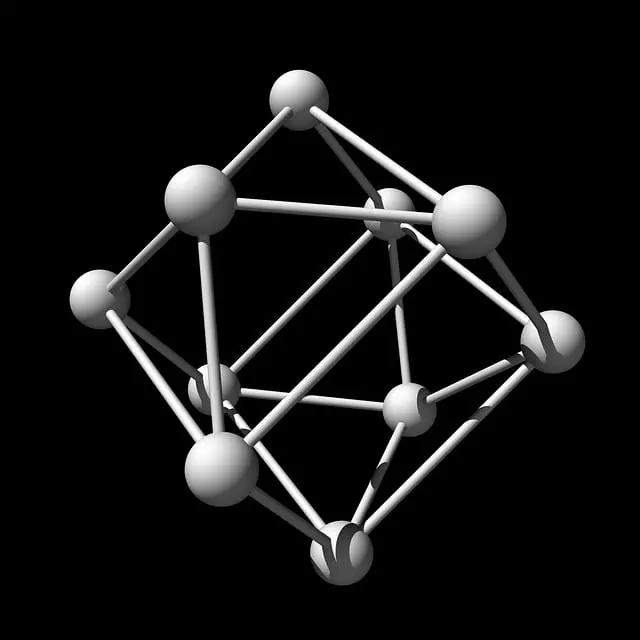Kratom, derived from Mitragyna speciosa, has gained popularity as a natural aid for recovery, interacting with opioid receptors to provide analgesic and euphoric effects. Recent research suggests it may also influence prolactin levels, a hormone vital for regulating sleep, appetite, and immune function, crucial aspects of post-training recovery. Kratom's interaction with the endocannabinoid system makes it an intriguing option for athletes seeking natural methods to aid muscle repair and overall well-being after intense workouts, particularly as a game-changer for post-training recovery.
Unleash your body’s potential with a powerful ally in post-workout recovery: kratom. This natural herb has gained attention for its potential benefits in enhancing athletic performance and accelerating recovery. In this guide, we explore how kratom interacts with prolactin, a key hormone influencing muscle repair. We’ll navigate the science behind these compounds, uncovering practical strategies to optimize your training routine. Learn how to harness kratom’s properties for faster recovery, increased endurance, and improved overall fitness.
- Understanding Kratom and Its Role in Recovery
- Prolactin and Its Impact on Training Recovery
- Implementing Kratom-Guided Recovery Strategies
Understanding Kratom and Its Role in Recovery
Kratom, derived from the tropical plant Mitragyna speciosa, has gained recognition as a potential ally in recovery journeys. This natural herb contains various compounds, including mitragynine and 7-hydroxymitragynine, which interact with opioid receptors in the brain, offering both analgesic and euphoric effects. However, its role extends beyond pain management. Recent studies suggest that kratom may influence prolactin levels, a hormone linked to recovery and stress response. Prolactin plays a crucial part in regulating sleep, appetite, and immune function, all of which are essential aspects of post-training recovery.
The herb’s ability to interact with the body’s endocannabinoid system and its potential effects on neurotransmitters make it a subject of interest for athletes and individuals seeking natural recovery methods. By potentially reducing stress hormones and influencing prolactin levels, kratom might aid in muscle repair and overall well-being after intense training sessions. This guidance offers an alternative approach to traditional recovery strategies, providing a more holistic perspective on optimizing athletic performance and post-workout restoration.
Prolactin and Its Impact on Training Recovery
Prolactin, a hormone often associated with breastfeeding, plays a significant role in muscle recovery and exercise performance. Research suggests that elevated levels of prolactin can stimulate protein synthesis, enhancing muscle growth and repair after intense training sessions. This effect is particularly relevant when considering the potential benefits for athletes and individuals implementing recovery strategies.
In the context of kratom use, understanding its interaction with prolactin is essential. Kratom, a herb known for its various effects, has been shown to influence prolactin secretion. Some studies indicate that kratom may help regulate prolactin levels, potentially optimizing muscle recovery processes. This guidance can be valuable for those looking to enhance their post-workout routines, offering a natural approach to support the body’s inherent recovery mechanisms.
Implementing Kratom-Guided Recovery Strategies
Implementing Kratom-Guided Recovery Strategies can be a game-changer for those seeking effective, natural solutions to aid in post-training recovery. Kratom, known for its unique effects on the body and mind, offers more than just pain relief. Research suggests that kratom interacts with opioid receptors and may stimulate the release of prolactin, a hormone crucial for muscle repair and growth. By harnessing this mechanism, athletes and fitness enthusiasts can accelerate their recovery process.
This approach leverages kratom’s ability to reduce inflammation, alleviate muscle soreness, and enhance overall well-being. Incorporating kratom into your post-workout routine may provide a gentle, natural alternative to conventional recovery methods. As with any supplement, it’s essential to start with lower doses and monitor your body’s response. Consulting with a healthcare professional or herbalist can ensure you receive personalized guidance tailored to your specific needs.
Kratom, with its multifaceted properties, offers a promising guide for enhancing training recovery. By understanding how it interacts with hormones like prolactin, athletes and fitness enthusiasts can develop effective strategies to optimize their post-workout healing process. Integrating kratom into recovery routines has the potential to revolutionize the way we approach physical rejuvenation, ensuring individuals can push their limits without sacrificing long-term health and performance.





